Starting a home-based baking business in Texas can be a delightful venture, especially under the state’s Cottage Food Laws. These regulations allow individuals to produce certain baked goods and other foods from their homes, providing a unique opportunity for entrepreneurs.
Key Takeaways
- Understand the basics of Cottage Food Laws in Texas.
- Learn how to register your home-based food business.
- Discover the types of baked goods allowed under these laws.
- Find out how to ensure food safety in your home kitchen.
- Explore marketing strategies for your micro bakery.
Understanding Texas Cottage Food Laws
Understanding the intricacies of Texas Cottage Food Laws is crucial for anyone looking to start a micro bakery in the state. These laws provide a framework for home bakers to operate their businesses legally and safely.
What Are Cottage Food Laws?
Cottage Food Laws are regulations that allow individuals to produce and sell certain foods from their home kitchens. These laws vary by state, but in Texas, they permit the sale of specific baked goods and other foods without requiring a commercial kitchen.
Benefits for Home Bakers
The benefits for home bakers under Texas Cottage Food Laws include reduced regulatory hurdles and lower operational costs. Home bakers can start small, selling their products directly to consumers.
History and Evolution of Texas Cottage Food Laws
Texas Cottage Food Laws were first enacted to support small food entrepreneurs. Since then, the laws have evolved to address the needs of home bakers and consumers.
Key Changes Since Initial Implementation
| Year | Key Change |
|---|---|
| 2011 | Initial enactment of Cottage Food Laws |
| 2013 | Expansion of allowed food items |
| 2019 | Increase in annual sales limit |
Legal Requirements for Your Micro Bakery Cottage Food Laws Texas
Understanding the legal requirements for a micro bakery under Texas Cottage Food Laws is crucial for a successful operation. To start, you must comply with the regulations set forth by the Texas Department of State Health Services.
Food Handler’s Certification
One of the primary legal requirements is obtaining a food handler’s certification. This certification ensures that you have the necessary knowledge to handle food safely.
Where to Obtain Certification
You can obtain food handler’s certification by completing a training course approved by the Texas Department of State Health Services. These courses cover essential topics such as food safety, handling, and preparation.
Sales Limitations and Restrictions
Texas Cottage Food Laws impose certain sales limitations on micro bakeries. Understanding these limitations is vital to avoid non-compliance.
Annual Sales Caps
Currently, the annual sales cap for cottage food operations in Texas is $50,000. Exceeding this limit requires you to register your operation as a food establishment.
Allowed Selling Venues
Micro bakeries under Cottage Food Laws can sell their products through various direct-to-consumer sales channels.
Direct-to-Consumer Sales Options
Allowed selling venues include farmers’ markets, roadside stands, and online platforms, provided that the sales are directly to the consumer.
| Sales Channel | Description | Limitations |
|---|---|---|
| Farmers’ Markets | Direct sales to consumers | Must comply with market rules |
| Roadside Stands | Direct sales to consumers | Limited to stand operations |
| Online Platforms | Direct sales to consumers via online orders | Must ensure direct delivery or pickup |
Permitted Foods Under Texas Cottage Food Laws
Understanding what foods are permitted under Texas Cottage Food Laws is crucial for operating a compliant micro bakery. The law specifies the types of foods that can be legally produced and sold, ensuring consumer safety while allowing small businesses to thrive.
Approved Baked Goods
Baked goods are a significant category under Texas Cottage Food Laws. Approved baked goods include a variety of items such as bread, cookies, and cakes. These products must be shelf-stable, meaning they don’t require refrigeration.
Shelf-Stable Products
Shelf-stable products are those that can be safely stored at room temperature. Examples include dry baked goods like granola, crackers, and cookies. Ensuring these products are properly packaged is key to maintaining their shelf stability.
Prohibited Food Items
Certain foods are prohibited under Texas Cottage Food Laws due to safety concerns. Prohibited food items include those that require temperature control to prevent spoilage or foodborne illness.
Temperature-Controlled Products
Temperature-controlled products, such as dairy-based desserts or meat-containing products, are not allowed under cottage food regulations because they require refrigeration to stay safe for consumption.
Food Safety Considerations
Even with permitted foods, maintaining food safety is paramount. This includes proper handling, storage, and packaging to prevent contamination.
Preventing Contamination
Preventing contamination involves using clean equipment, proper packaging, and ensuring that products are stored in a clean, dry environment. Following these guidelines helps ensure the products are safe for consumers.
Setting Up Your Home Kitchen
Creating an efficient home kitchen setup is vital for producing high-quality baked goods for your micro bakery. A well-organized kitchen not only enhances productivity but also ensures compliance with Texas Cottage Food Laws.
Equipment Essentials
To scale up from home baking, you’ll need to invest in essential equipment. This includes high-quality mixers, reliable ovens, and adequate baking utensils. As noted by a seasoned baker, “The right equipment can make a significant difference in the quality and consistency of your baked goods.”
“The right equipment can make a significant difference in the quality and consistency of your baked goods.” –
Experienced Baker
Scaling Up from Home Baking
Scaling up requires careful planning to ensure that your home kitchen can handle increased production. Consider investing in additional storage and optimizing your workflow to accommodate larger batches.
Storage Requirements
Proper storage is crucial for maintaining ingredient freshness and organization. Ensure you have adequate shelving and airtight containers to store your ingredients.
Ingredient Organization
Organizing your ingredients effectively is key to efficient baking. Use labeled containers and categorize your ingredients to save time during production.
Creating an Efficient Workspace
An efficient workspace is critical for productivity. Consider time-saving layout tips such as positioning your most used equipment and ingredients within easy reach.
Time-Saving Layout Tips
Optimize your kitchen layout by placing your mixing station, baking area, and storage in a logical sequence. This will help streamline your baking process and reduce unnecessary movement.

Labeling and Packaging Requirements
Compliance with Texas Cottage Food Laws requires careful attention to labeling and packaging requirements. Proper labeling not only helps in complying with the law but also builds trust with your customers by providing them with necessary information about your products.
Required Label Information
When labeling your baked goods, you must include certain information to comply with Texas regulations. This includes:
- The name of your product
- A list of ingredients used
- Your business name and contact information
- A statement indicating that the product was made in a cottage food operation that is not inspected by the state or local health department
Texas-Specific Disclosure Statements
Texas law requires a specific statement on the label: “Made in a cottage food operation that is not inspected by the state or local health department.” This statement must be clearly visible on the packaging.
Allergen Warnings
It’s crucial to include allergen warnings on your labels to protect consumers with food allergies. This includes disclosing the presence of major food allergens.
Major Food Allergens to Disclose
The major food allergens that must be disclosed include:
| Allergen | Common Sources |
|---|---|
| Milk | Dairy products, some baked goods |
| Eggs | Baked goods, desserts |
| Nuts | Baked goods, snacks |
| Wheat | Bread, baked goods |
Packaging Best Practices
Choosing the right packaging is not just about aesthetics; it’s also about protecting your product and complying with regulations. Consider eco-friendly options to appeal to environmentally conscious consumers.
Eco-Friendly Options
Eco-friendly packaging can enhance your brand’s image and appeal to customers who prioritize sustainability. Options include biodegradable packaging materials and recyclable containers.
Building Your Micro Bakery Business
Crafting a robust business strategy is vital for the success of your micro bakery. This involves several key components that work together to ensure your business is well-rounded and prepared for the challenges ahead.
Creating a Business Plan
A comprehensive business plan is the foundation of your micro bakery. It outlines your goals, target market, and operational structure.
Financial Projections
Financial projections are a crucial part of your business plan, helping you anticipate revenue and expenses. Consider using tools like QuickBooks or Xero for accurate financial forecasting.
Pricing Your Products
Pricing your baked goods correctly is essential for profitability. Consider factors like ingredient costs, time, and competition.
Cost Analysis and Profit Margins
Conducting a thorough cost analysis will help you determine your profit margins. Ensure you’re pricing your products to cover costs and generate a reasonable profit.
Insurance Considerations
Protecting your business with the right insurance is critical. Consider options like:
- Liability insurance to protect against customer claims
- Business interruption insurance to cover unexpected events
Home Business Policy Options
If you’re operating your micro bakery from home, look into home business policy options that can provide the necessary coverage.

Marketing Your Home-Based Bakery
Marketing your home-based bakery effectively can make all the difference in attracting and retaining customers. A well-rounded marketing strategy is crucial for standing out in a competitive market.
Social Media Strategies
Utilizing social media platforms like Instagram and Facebook can significantly boost your bakery’s visibility. Share high-quality content that showcases your baked goods.
Photography Tips for Baked Goods
Good photography is key to making your baked goods look irresistible. Use good lighting and consider styling your products with complementary items.
Building a Customer Base
Building a loyal customer base is vital for the long-term success of your bakery. Engage with your customers through various channels.
Loyalty Programs and Referrals
Implementing loyalty programs and encouraging referrals can help retain customers and attract new ones. Offer rewards for repeat purchases and referrals.
Local Networking Opportunities
Participating in local networking opportunities such as farmers markets and community events can help increase your bakery’s local presence.
Farmers Markets and Community Events
These events provide a great platform to showcase your products and connect with potential customers. Prepare attractive displays and be ready to share your story.
Conclusion: Growing Your Texas Cottage Food Business
As you embark on starting your micro bakery in Texas under the cottage food laws, it’s essential to stay focused on growing your business while adhering to the regulations. By understanding and complying with the Texas cottage food laws, you can establish a successful and sustainable texas cottage food business.
To drive business growth, consider implementing effective business growth strategies, such as diversifying your product offerings, leveraging social media, and engaging with your local community. Continuously evaluate and refine your operations to ensure compliance with cottage food laws and maintain a competitive edge in the market.
With careful planning, attention to detail, and a commitment to quality, your texas cottage food business can thrive. Stay informed about any changes to the cottage food laws and be prepared to adapt your strategies as needed to achieve long-term success.
FAQ
What is the Texas Cottage Food Law?
The Texas Cottage Food Law allows individuals to produce and sell certain baked goods, jams, and other foods from their home kitchen without a license from the state, as long as they follow specific guidelines and regulations.
What types of foods can I sell under the Texas Cottage Food Law?
Under the Texas Cottage Food Law, you can sell baked goods, such as bread, cookies, and cakes, as well as jams, jellies, and other shelf-stable products. However, you cannot sell foods that require refrigeration or are considered hazardous.
Do I need a food handler’s certification to operate a cottage food business in Texas?
Yes, to operate a cottage food business in Texas, you are required to complete a food safety training course and obtain a food handler’s certification, also known as a food handler’s card.
What are the sales limitations for a cottage food operation in Texas?
In Texas, cottage food operations are limited to gross annual sales of $50,000 or less. If your sales exceed this amount, you will need to register your business with the Texas Department of State Health Services as a food establishment.
Where can I sell my cottage food products in Texas?
Under the Texas Cottage Food Law, you can sell your products directly to consumers through various venues, including farmers’ markets, roadside stands, and online sales, as long as you follow the law’s guidelines and regulations.
Do I need to label my cottage food products?
Yes, Texas law requires that cottage food products be labeled with specific information, including the name and address of the producer, a statement indicating that the product was made in a cottage food operation, and a list of ingredients.
Can I sell my cottage food products wholesale?
No, under the Texas Cottage Food Law, you are not allowed to sell your products wholesale. You can only sell directly to consumers.
How do I register my cottage food business with the state of Texas?
To register your cottage food business, you need to provide basic information about your operation, including your name and address, the types of products you plan to sell, and your gross annual sales. You will also need to complete a food safety training course and obtain a food handler’s certification.
What are the food safety requirements for a cottage food operation in Texas?
While cottage food operations are not inspected by the state, you are still required to follow basic food safety guidelines to prevent contamination and ensure the quality of your products.
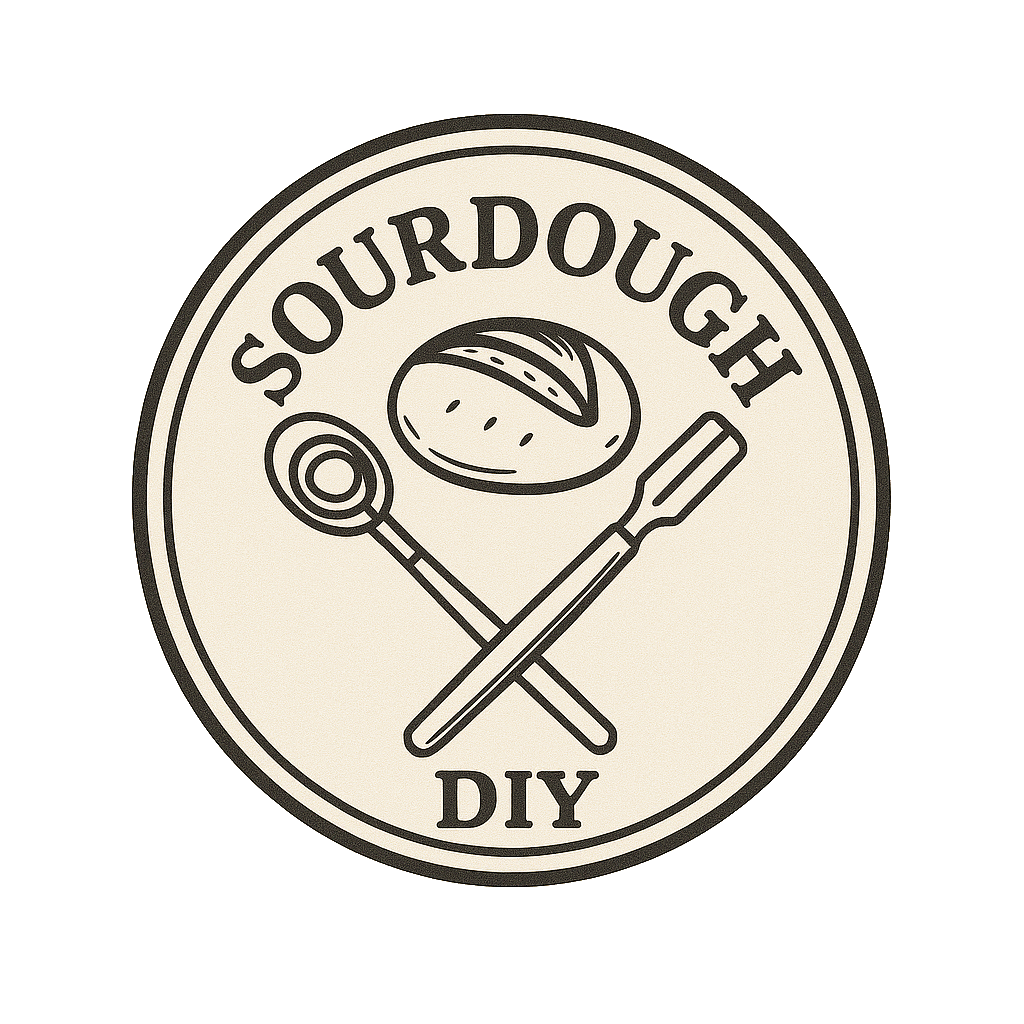
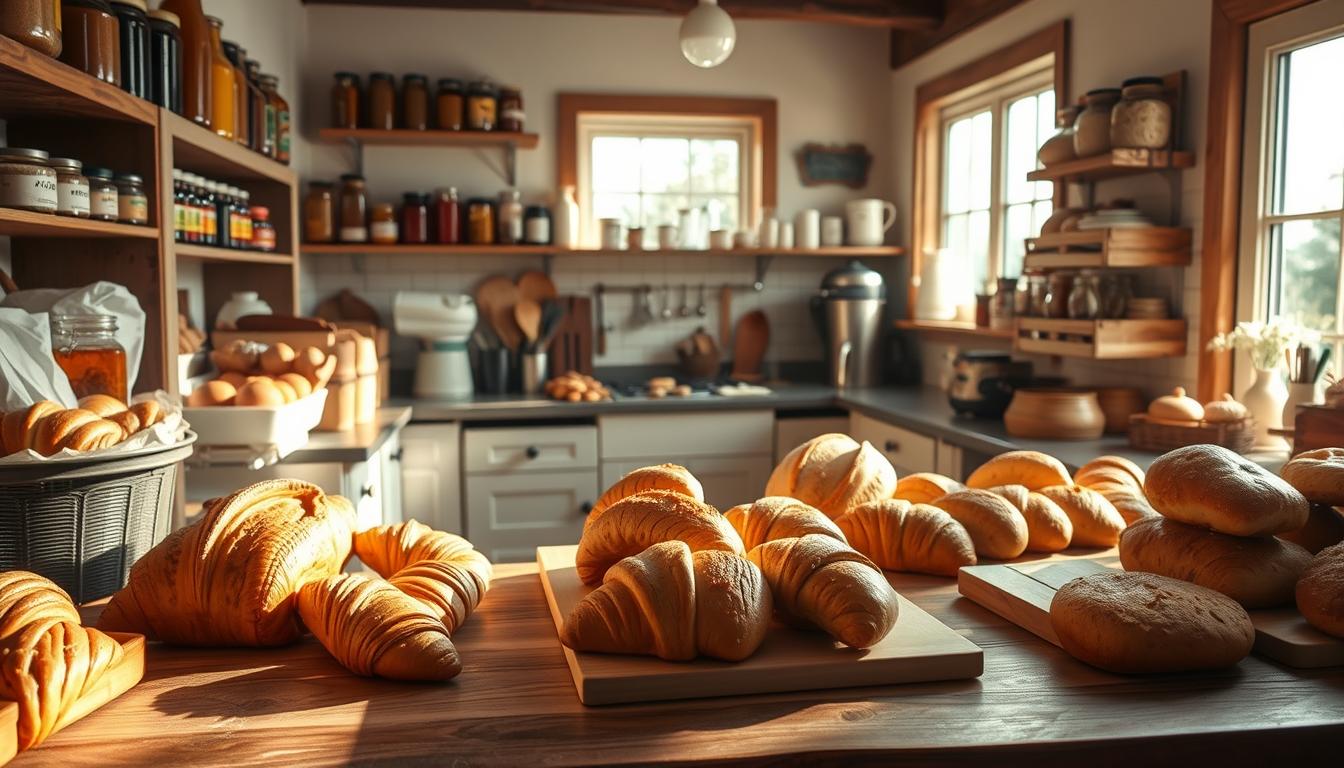
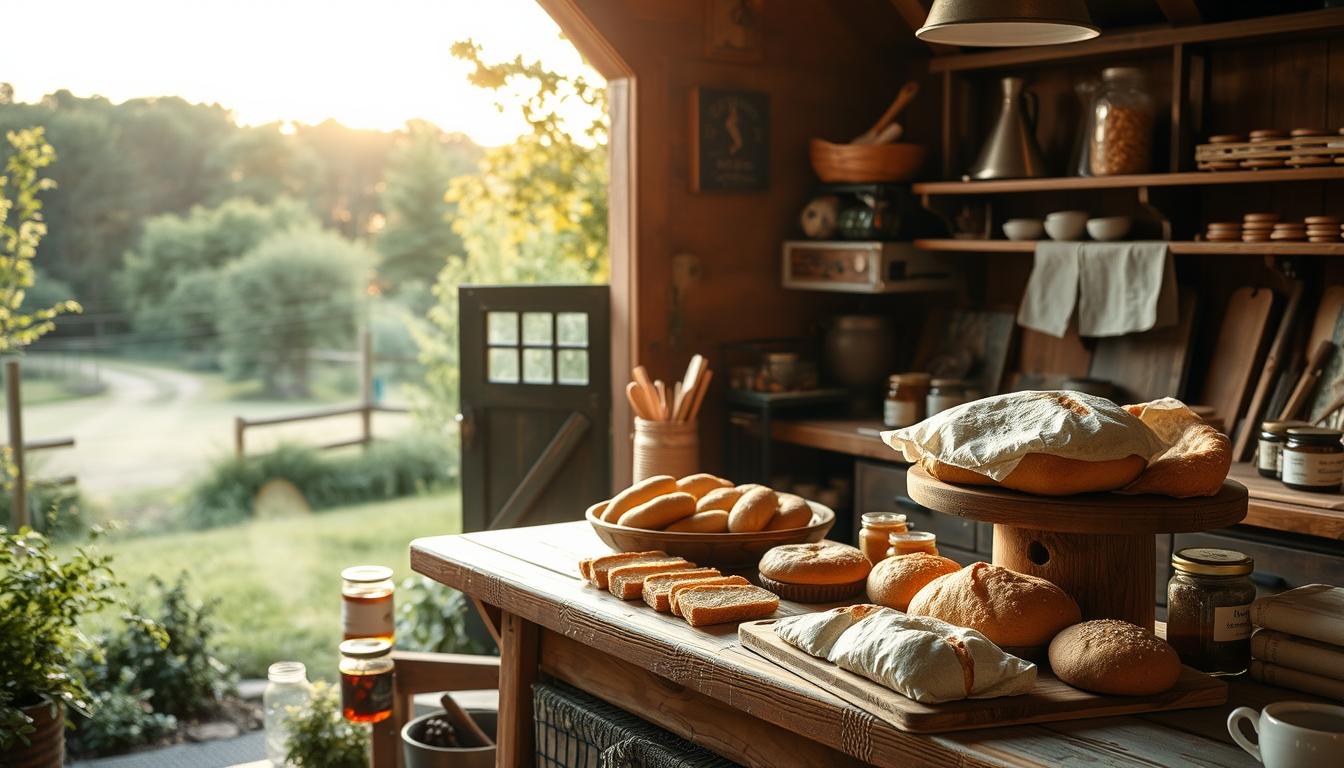
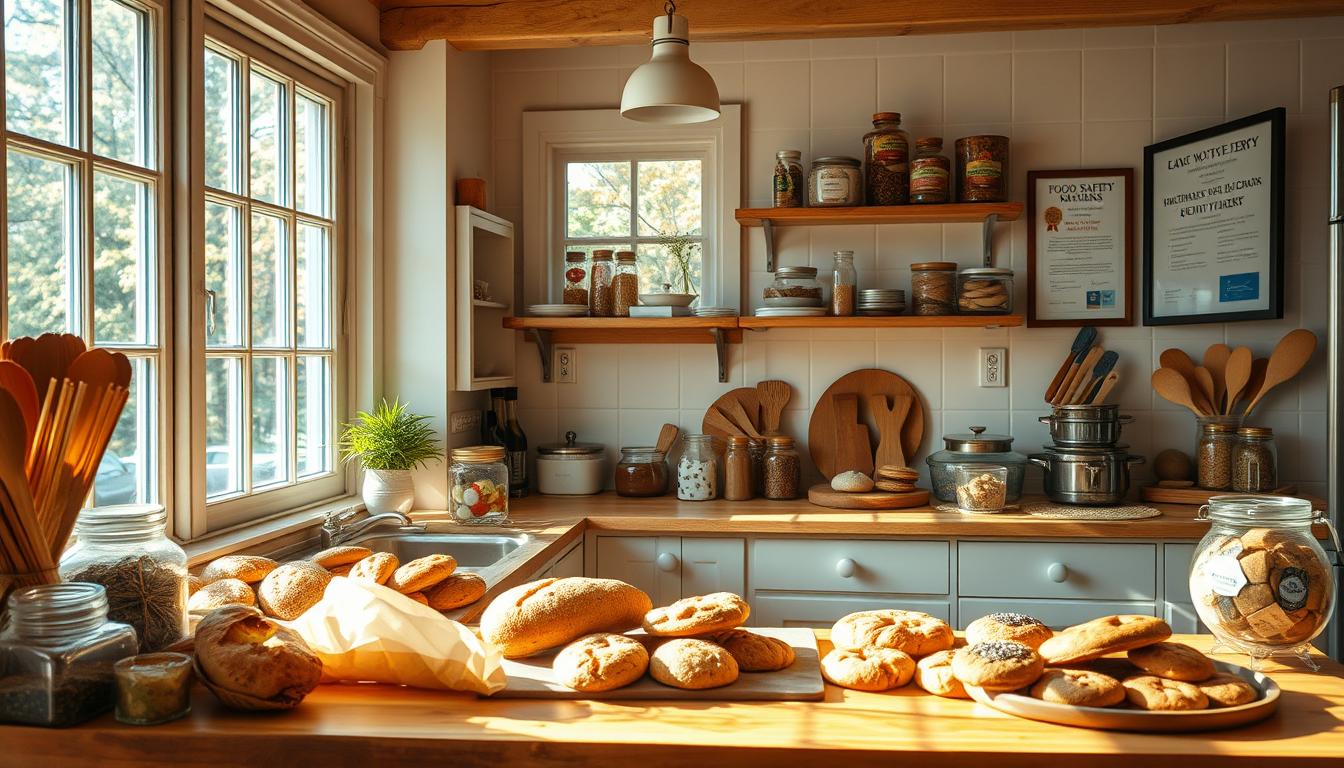
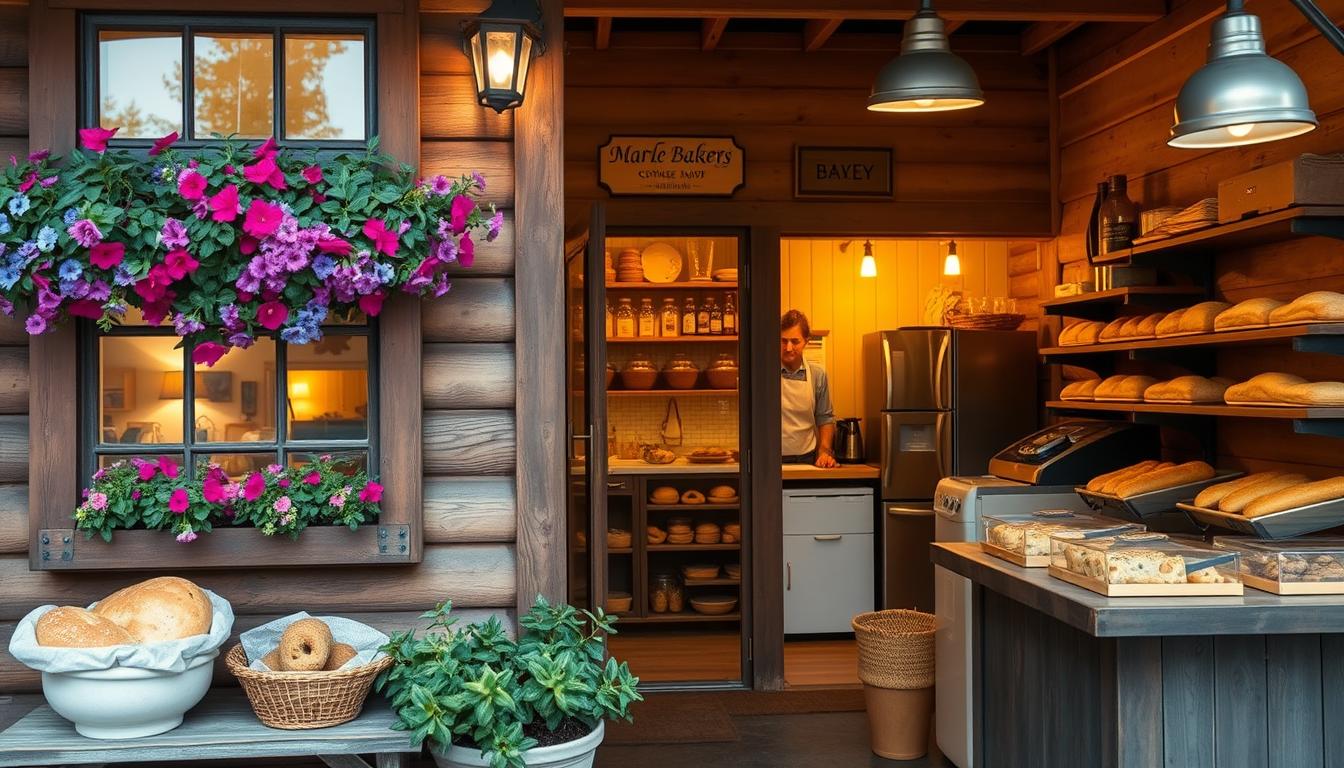
Leave a Reply